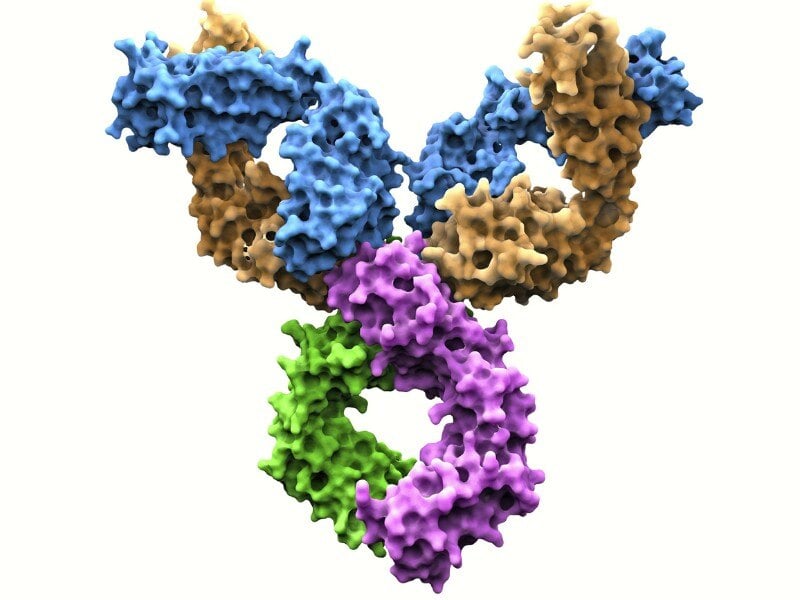FDA Fast Track ADC for Patients with Triple Negative Breast Cancer

The FDA have granted Fast Track Designation to Shanghai biologics company Mabwell's antibody drug conjugate (ADC) 9MW2821 for the treatment of locally advanced or metastatic Nectin-4 positive triple negative breast cancer.
Triple negative breast cancers do not present with receptors for estrogen, progesterone, or HER2, 9MW2821 instead targets Nectin-4 to deliver its cytotoxic payload.
When the FDA grants Fast Track Designation to a drug candidate, it is likely to speed up both the clinical development, review, and approval of that medicine for its indication. This approval adds to Mabwell's clinical portfolio.
Mabwell have enjoyed a slew of US regulatory designations for 9MW2821 over the past year. These include Fast Track Designations for esophageal squamous cell carcinoma in February 2024 and cervical cancer in May 2024; also in that month, they received Orphan Drug Designation for esophageal cancer.
The candidate was developed using Mabwell's proprietary ADC platform. Site specific modification of the antibody is achieved through this platform, along with conjugation using a proprietary linker.
9MW2821 is also the first Chinese-made Nectin-4-targeting ADC to enter the clinic, signalling the scaleup in the clinical development of both Chinese therapeutics and ADCs.
On 15 July, the Chinese regulatory authority National Medical Products Administration (NMPA) granted 9MW2821 approval to enter a Phase II clinical study for the treatment of locally advanced or metastatic triple negative breast cancer.
This trial will assess two cohorts of patients. The first cohort will treat patients that have already undergone systemic therapy with the ADC as a monotherapy. The second cohort will assess patients that have not yet received systemic therapy, who will be treated with 9MW2821 in combination with a PD-1 inhibitor.
The 2024 ASCO Annual meeting saw the company present its first clinical results from 20 patients with locally advanced or metastatic triple negative breast cancer. Those results reported an objective response rate (ORR) of 50% and a disease control rate (DCR) of 80%. The median progression-free survival (mPFS) was 5.9 months, and the median overall survival (mOS) had not yet been reached. One patient had achieved complete response to the treatment which they had maintained for 20 months.
These results add to the growing amount of data in favour of the efficacy of ADC therapeutics. Conjugate-based therapeutics are therefore likely to take a leading role in tomorrow's lineup of next-generation modalities.






